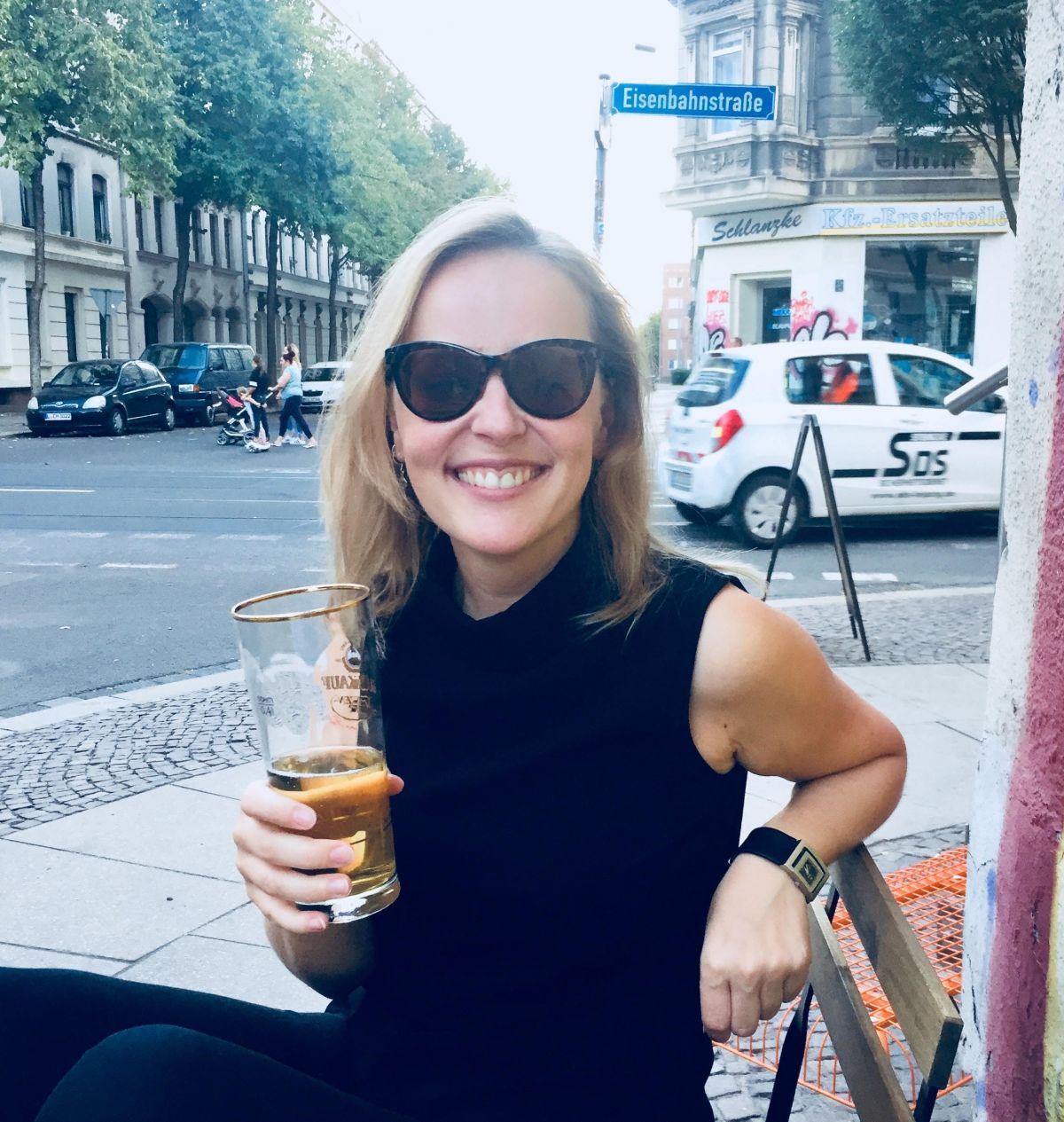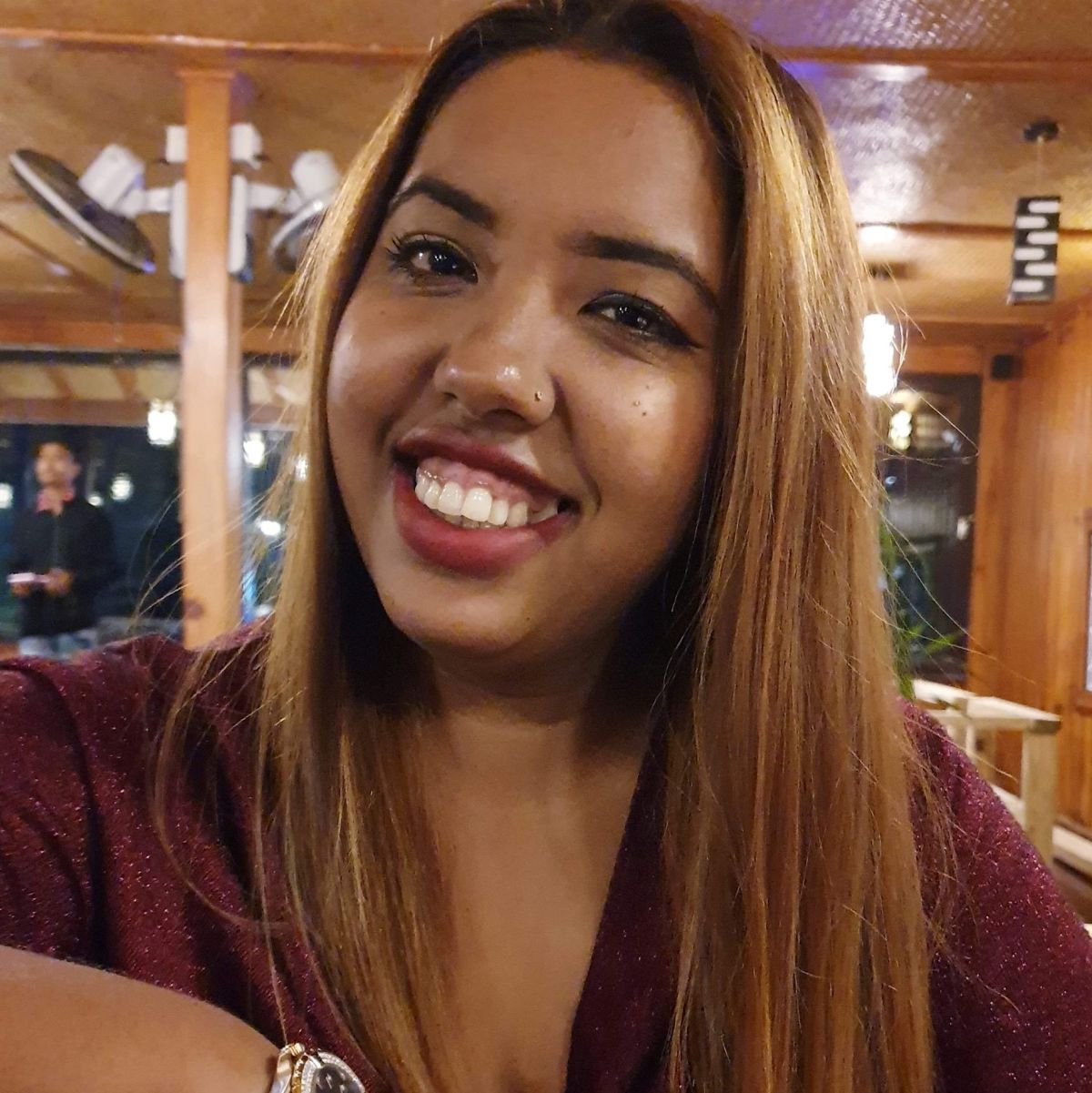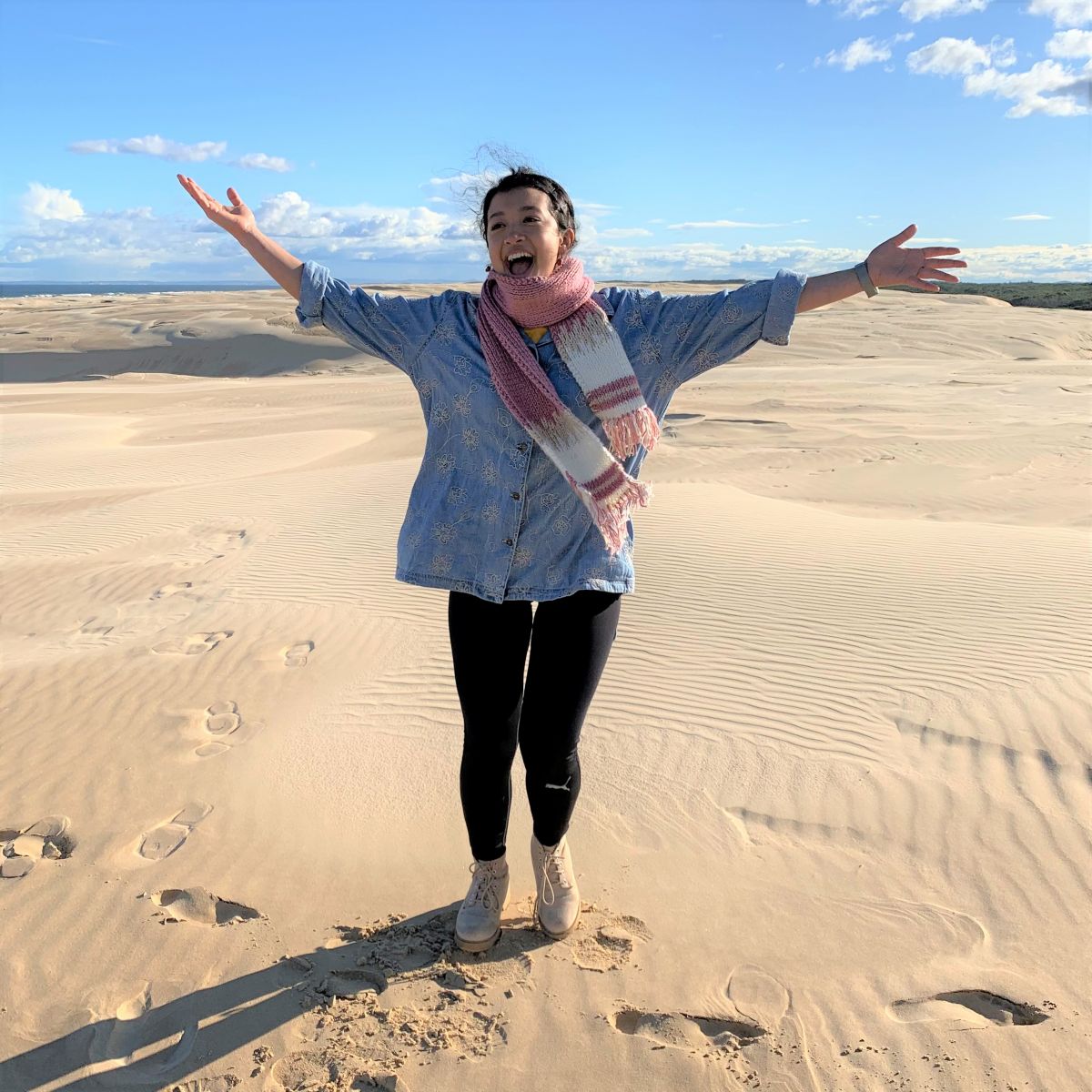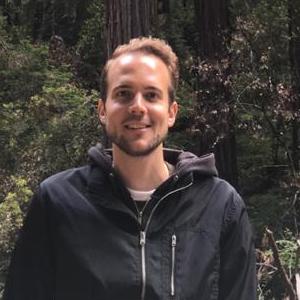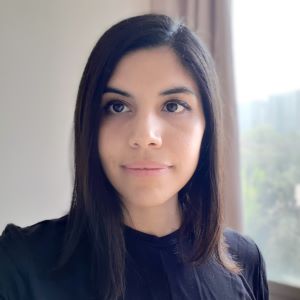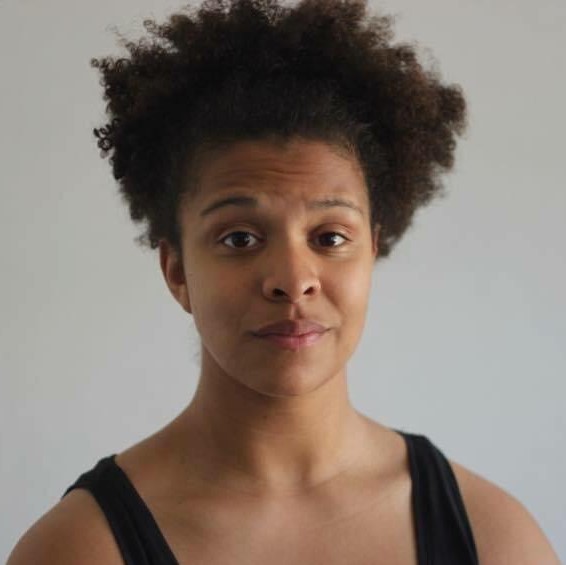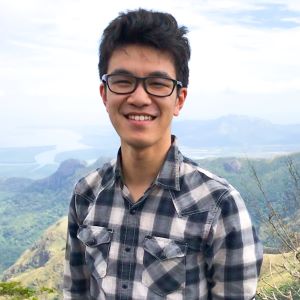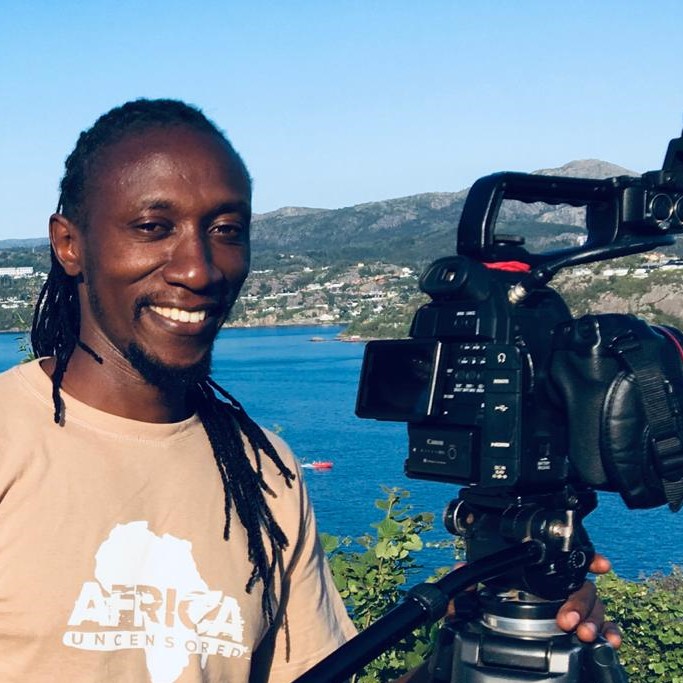Eine Geschichte von zwei Ländern: Teil I
Die wahrgenommenen Unterschiede zwischen Ost- und Westdeutschen sind nicht allein in den 40 Jahren Teilung eines Landes nach 1945 begründet, sondern ebenso in den Jahren nach der Wiedervereinigung. So erstrebenswert Einheit auch ist – Unterschiede zu akzeptieren ist vielleicht der bessere Weg für mehr Verständnis.
Germany, Western Europe
Eine Geschichte von Janina Cymborski
Veröffentlicht am December 19, 2020.
Diese Geschichte ist auch verfügbar in 






In Deutschland gibt es zwei Sorten Menschen: Ossis und Wessis. Die Wiedervereinigung von 1990 beendete die formale Teilung des Landes, die nach 40 Jahren ihre Spuren hinterlassen hat, besonders in Ostdeutschland. Ossis, wie ich einer bin, waren Bürger der Deutschen Demokratischen Republik (DDR), und machen heute ungefähr 15 Prozent der gesamtdeutschen Bevölkerung aus. Dennoch sind auch nach 30 Jahren kaum 2 Prozent der Elite-Positionen im Land mit Ossis besetzt. [1] Ihr individueller Wohlstand beträgt weniger als die Hälfte verglichen mit dem der Westdeutschen und die Arbeitslosenquote ist im Osten höher. Diese Unterschiede gehen zurück bis zum Ende des 2. Weltkriegs, als Westdeutschland in eine (westliche) demokratische politische wie wirtschaftliche Allianz eingebunden war, und Ostdeutschland Teil des kommunistisch autokratischen Regimes hinter dem Eisernen Vorhang wurde. Als die Mauer „fiel“ (hier sagen wir fiel, so als wäre die Mauer einfach umgefallen), sahen viele Teile Ostdeutschlands aus, als wäre der Krieg gerade erst geschehen.
Ich wurde einige Jahre vor der Wiedervereinigung in der DDR geboren. Als Kind hatte ich nicht viel am Hut mit Ideologien oder Nationalitäten. Folglich war es mir auch egal, als ich 1990, mit nur 7 Jahren, Staatsbürger der Bundesrepublik Deutschland (BRD) wurde. Die Welt um mich herum änderte sich gravierend. Gräfenhainichen, die kleine Stadt, in der ich aufwuchs, schien bereits Mitte der 90er komplett verlassen. Geschäfte und Fabriken schlossen und junge Menschen verließen zu hunderten die Gegend. Geld wurde schnell zum Thema. Arbeitslosigkeit war ein ewiger Begleiter unserer Familie. In der DDR hingegen existierte sie nicht, dort wurde um Geld nicht gestritten. [2] Meiner Stadt dabei zuzusehen, wie sie langsam starb, während ich langsam erwachsen wurde, gehörte zu meinem Alltag.
Unwissentlich wurde ich zum Augenzeugen der Geschichte. Ahnungslos absorbierte ich die Veränderungen, stellte sie nie in Frage, war dies doch die einzige Welt, die ich kannte. Später erst begriff ich, was da um mich herum geschehen war: es war die politische Einverleibung eines Landes durch ein anderes. Ein großer Sprung für die Wirtschaft. Unter der Ägide der Treuhand [3] wurden Immobiliendeals verhandelt, Fabriken veräußert und stillgelegt, Wettbewerb beseitigt. Ein Ausverkauf der DDR auf Kosten der Zukunft der Ossis. [4] Die friedliche Revolution von 1989, die erste erfolgreiche friedliche Revolution auf deutschem Boden, machte ihre Revolutionäre zu arbeitslosen Verlierern, dazu verdammt, an der Seite zu stehen und dabei zuzusehen, wie die westliche Elite ihre Geschichte schrieb. Das war meine erste Lektion in Sachen Kapitalismus.
Mir wurde klar, dass das Leben in dieser Welt nichts weiter ist als ein endloser Kampf um Geld und Ansehen. Fast so, als würde man einen Marathon mit einem Bein laufen, ohne eine echte Chance, jemals aufzuholen. Meine Eltern hatten ihre besten Jahre in der DDR verbracht und mussten von heute auf morgen in einem völlig neuen System funktionieren. Mit einem Lebenslauf, der keinen Wert hatte, einem Dialekt, über den gelacht wurde und einer kindlichen Gutgläubigkeit, die nur allzu regelmäßig ausgenutzt wurde. Wie viele Ost-Frauen, verlor auch meine Mutter ihren sicheren Job. Mein Vater hatte zeitweise zwei Jobs, einen unter der Woche und einen am Wochenende. Als es bei uns keine Arbeit mehr gab und er schließlich auf Montage in den Westen ging, weinte ich jedes Mal, wenn er wegfuhr. Doch das eigentlich Schlimme war die Gewissheit, dass er es ebenfalls tat. So war es, in den 90ern in Ostdeutschland aufzuwachsen.
Lies Teil II von Janinas Geschichte hier.
Fußnoten
[1] Einer Studie zufolge sind nach 25 Jahren Elite-Positionen in Deutschland in Justiz, Wirtschaft, Politik und Verwaltung, Militär sowie Medien überproportional mit Westdeutschen besetzt, selbst im Osten des Landes. Siehe: Bluhm, Michael/Jacobs, Olaf (2016): Wer beherrscht den Osten? Ostdeutsche Eliten ein Vierteljahrhundert nach der deutschen Wiedervereinigung, Leipzig: Universität Leipzig, Institut für Kommunikations- und Medienwissenschaft.
[2] Die DDR-Regierung sorgte für eine gewisse soziale Sicherung in Form von bezahlbarem Wohnraum, kostenfreie Kinderbetreuung und medizinische Versorgung, als auch Beschäftigung.
[3] Die Treuhandanstalt wurde zunächst im März 1990 in der DDR gegründet mit dem Ziel der Sicherung und Sanierung der Volkseigenen Betriebe. Nach dem 3.10.1990 wurde sie hauptsächlich von Westdeutschen geführt, deren Leitlinie dann die zügige Privatisierung der Betriebe war. Diese Praxis führte zu einer massiven Deindustrialisierung des Ostens. Auf Sanierung wurde weniger Wert gelegt als auf Liquidation, so dass es in Folge zu Massenarbeitslosigkeit in weiten Teilen der ehemaligen DDR kam. 80 Prozent der Bevölkerung verloren dauerhaft oder vorübergehend ihren Job. Es kam zu Massenprotesten, bis hin zu Hungerstreiks gegen die Praxis der Treuhand. Treuhandchef Rohwedder verlor bei einem Attentat 1991 sein Leben. Siehe auch: Roesler, Jorg (1994). Privatisation in Eastern Germany —Experience with the Treuhand. Europe-Asia Studies 46(3): 505-517.
[4]1992 wurde in Ostdeutschland der erste FCKW-freie Kühlschrank erfolgreich hergestellt und verkauft. Die Liquidation des ehemaligen Volkseigenen Betriebs wurde bereits 1991 beschlossen. Trotz erfolgreicher Produktion gelang es nicht, sich gegen die mit allen Mitteln kämpfende westdeutsche Konkurrenz durchzusetzen und die Patentrechte zu erwerben, so dass der Betrieb Insolvenz anmelden musste. Oft wurden Betriebe als unwirtschaftlich betitelt, günstig veräußert und dann geschlossen.
Was macht diese Geschichte mit dir?
Follow-up
Do you have any questions after reading this story? Do you want to follow-up on what you've just read? Get in touch with our team to learn more! Send an email to [email protected].
Unterhalte Dich über diese Geschichte
Please enable cookies to view the comments powered by Disqus.
Subscribe
Melde Dich an für unseren monatlichen Newsletter und bleibe up-to-date mit neuen Geschichten auf Correspondents of the World.
Mehr Geschichten auf Deutsch
Tags
Erkunde andere Themen
Mach mit
At Correspondents of the World, we want to contribute to a better understanding of one another in a world that seems to get smaller by the day - but somehow neglects to bring people closer together as well. We think that one of the most frequent reasons for misunderstanding and unnecessarily heated debates is that we don't really understand how each of us is affected differently by global issues.
Unser Ziel ist es, dies zu verbessern - und zwar mit jeder Geschichte, die wir teilen.
Community Weltweit
Correspondents of the World is not just this website, but also a great community of people from all over the world. While face-to-face meetings are difficult at the moment, our Facebook Community Group is THE place to be to meet other people invested in Correspondents of the World. We are currently running a series of online-tea talks to get to know each other better.











